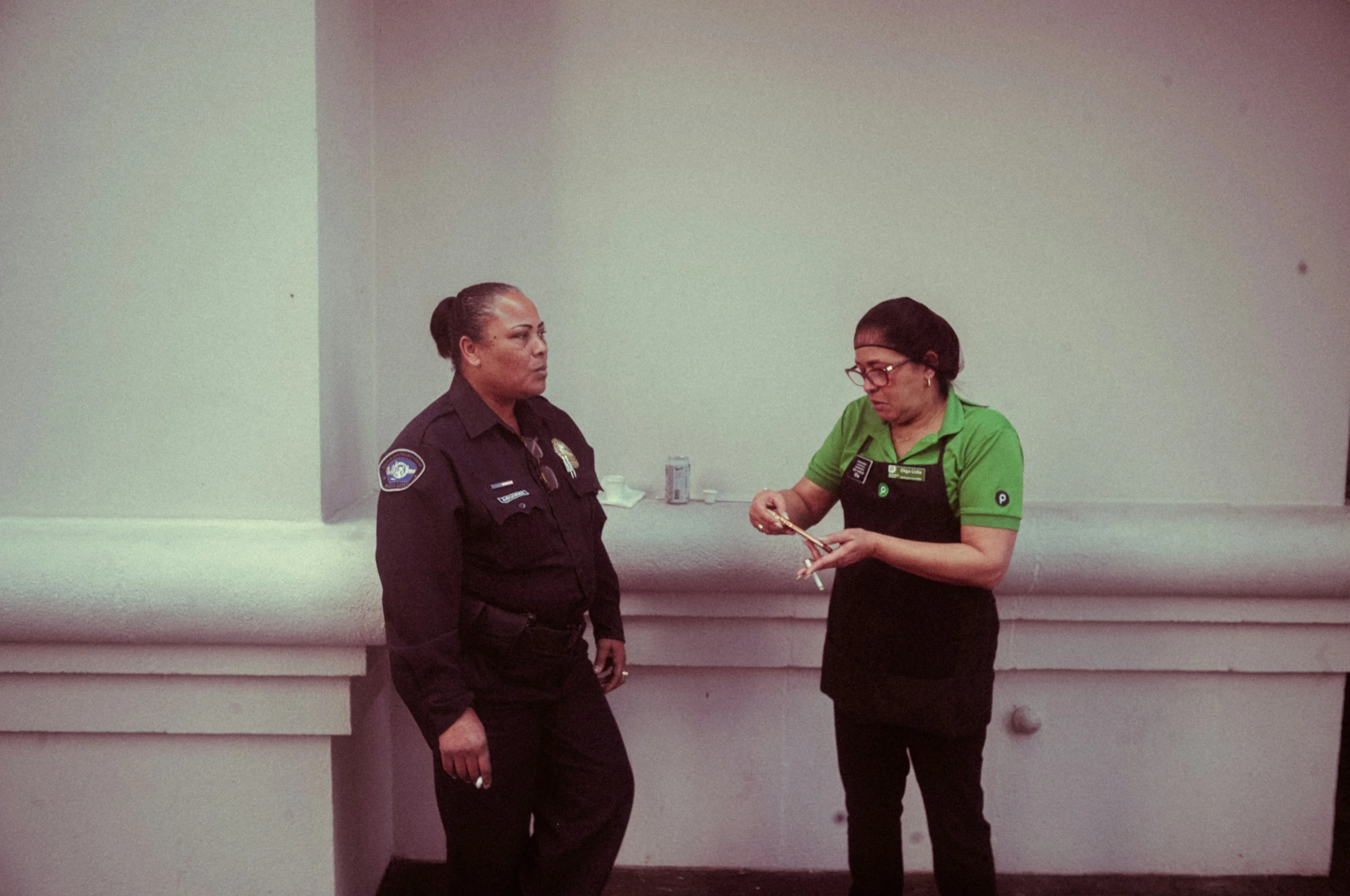Probation Violations in Pennsylvania: What Happens Next?
Probation offers an alternative to jail time, allowing individuals to serve their sentence while continuing to work, care for family, and remain in the community. But probation comes with strict conditions. If those terms are violated, the consequences can be serious, including extended probation, hefty fines, or even incarceration. If you or someone you love is facing a probation violation in Pennsylvania, it’s important to understand what happens next and how a defense lawyer can help.
What Counts as a Probation Violation?
Every probation order is unique, but common violations include:
Missing appointments with a probation officer
Failing drug or alcohol tests
Committing a new crime while on probation
Failing to pay fines, fees, or restitution
Traveling without permission or breaking curfew
Not completing court-ordered programs like community service or counseling
Even a single violation can lead to consequences, though outcomes often depend on the severity of the offense and your past compliance.
The Probation Violation Process in Pennsylvania
When a probation officer believes a violation has occurred, they can notify the court. Here’s what typically happens next:
Detainer or arrest – You may be taken into custody or receive notice of a violation.
Violation hearing – A hearing is scheduled where the judge reviews evidence of the alleged violation.
Defense response – You (and your attorney) have the right to present evidence, call witnesses, and challenge claims.
Judge’s decision – The court decides whether a violation occurred and what penalties apply.
Potential Consequences of a Probation Violation
Penalties vary widely depending on the situation, but may include:
Extension of probation terms
Additional conditions (counseling, treatment, community service)
Revocation of probation and imposition of jail or prison time
Fines or restitution orders
Judges consider the nature of the violation, the underlying conviction, and your compliance history before issuing a ruling.
How an Attorney Can Help
Probation violations can feel overwhelming, but you don’t have to face them alone. An experienced criminal defense lawyer can:
Argue that no violation occurred or that it was unintentional
Highlight your compliance history and mitigating factors
Negotiate for reduced penalties or alternatives to jail
Protect your rights throughout the process
Having legal representation at your violation hearing can make a significant difference in the outcome.
Conclusion
A probation violation in Pennsylvania doesn’t automatically mean going back to jail, but it does require quick action and strong defense. If you’ve been accused of violating probation, the attorneys at Sutton & Lovette Law Offices are here to help you understand your options and fight for the best possible result.





